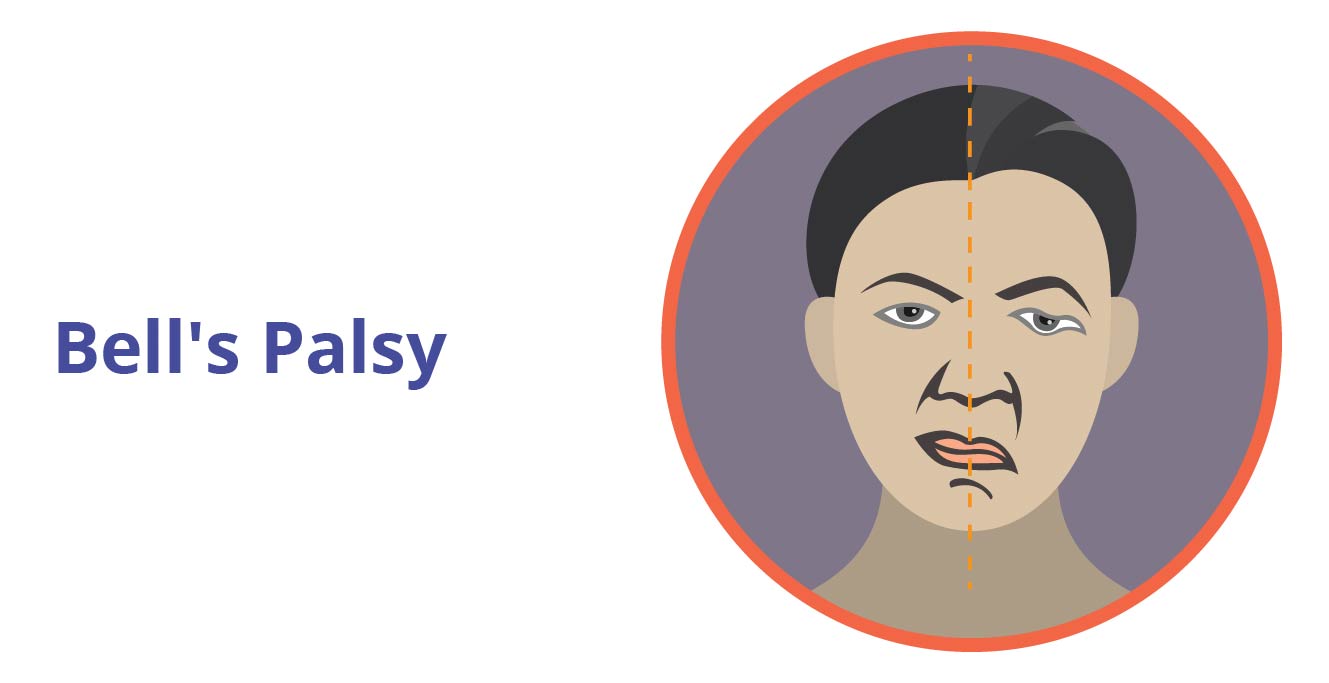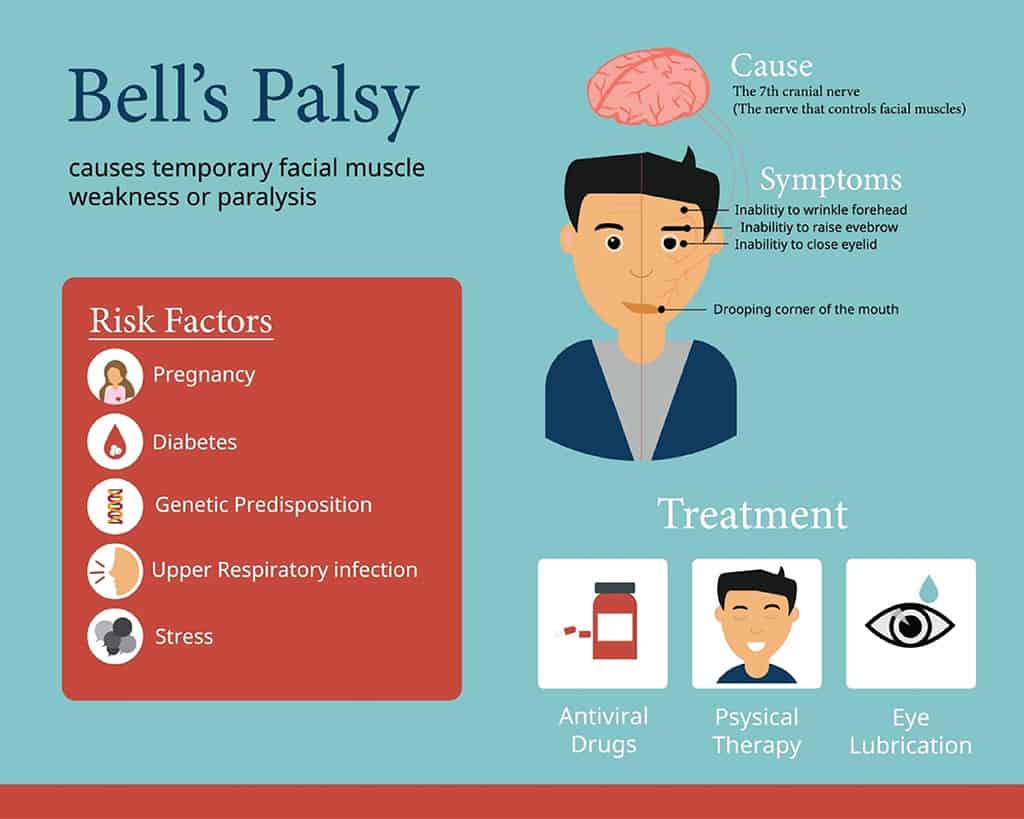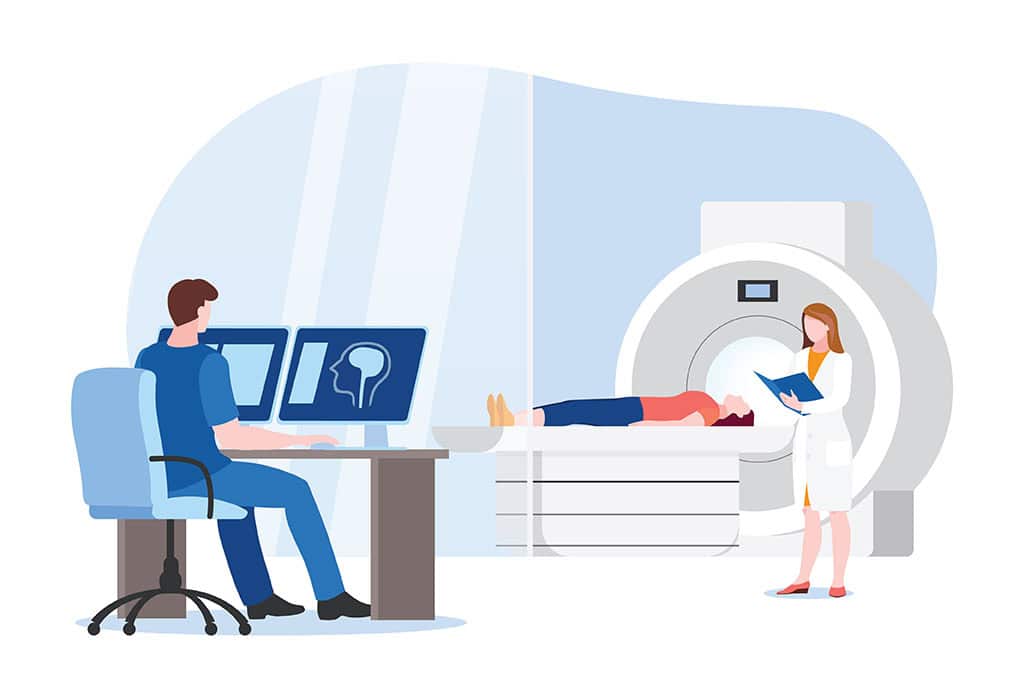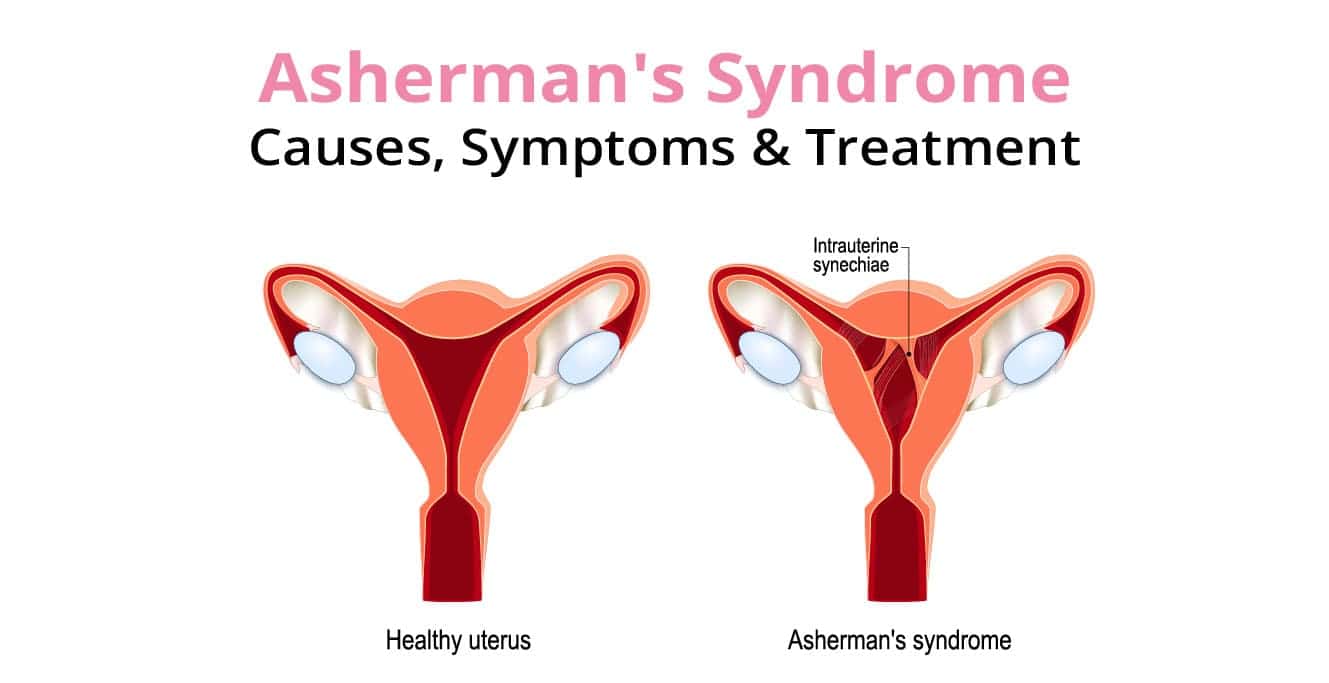What is Bell’s palsy
- Published on July 27, 2022

Bell’s palsy is a condition wherein your facial muscles suddenly become weak or paralysed. Bell’s palsy gets its name from a Scottish surgeon, Sir Charles Bell, who discovered it in the 19th century.
This condition occurs due to a deterioration of the 7th cranial nerve of the face. Typically, you would wake up one morning with pain or discomfort in your face or head. Alternatively, the symptoms could appear suddenly and develop completely within 48 hours.
Although Bell’s palsy causes are not fully understood, it tends to occur in pregnant women, people with diabetes, upper respiratory issues, or those who have a cold or the flu. However, don’t worry, most people suffering from this condition regain complete control of their facial muscles with time and treatment.
Another observation about this condition is that it seldom afflicts individuals over age 60 or below age 15.
It is rare for this condition to recur, but it is also not impossible. If recurring episodes occur, it is with individuals whose family has a history of Bell’s palsy. It indicates that there might be a connection between this condition and your genes.
Table of Contents
Causes of Bell’s palsy

Bell’s palsy causes aren’t fully understood. However, scientists link it to viral infections.
If you have any of the following medical issues, it could lead to Bell’s Palsy:
- Chickenpox
- German measles
- Flu
- Cold sores and genital herpes
- Respiratory illnesses
- Mumps
- Hand-foot-and-mouth disease
This condition is characterised by inflammation and swelling of the facial nerve, which affects your facial muscles. It can cause tears and drool, and your sense of taste might deteriorate. Your hearing could also become impaired as this facial nerve also connects to a bone in the middle ear.
Although the causes of this condition have not been positively identified, data collected indicates that individuals with certain health conditions are more prone to Bell’s palsy.
The risk group for Bell’s palsy includes:
- Pregnant women particularly in the third trimester or a week after delivery
- People with an upper respiratory tract infection like a cold or the flu
- Those who are diabetic
- People suffering from high blood pressure
- Individuals with weight issues or those who have obesity
Symptoms of Bell’s palsy
Bell’s palsy symptoms are very similar to a stroke. But if this condition afflicts you, it will be only restricted to your face. In the case of a stroke, however, other parts of your body get affected as well.
If you wake up in the morning with part of your face drooping and you notice the symptoms mentioned above, chances are that you might have Bell’s palsy. You may also have difficulty shutting one eye, and find it difficult to smile.
You might also experience drooling, pain in the jaw, dryness in the eyes and mouth, headache, ringing in the ears, and difficulty in speaking, eating, and drinking.
If you observe any of the above symptoms, you should visit your doctor immediately. In most cases, Bell’s palsy symptoms gradually subside over the next few weeks and may completely disappear after a few months.
However, some people take longer to recover and in extreme cases, the symptoms remain permanent.
Diagnosis of Bell’s palsy

Although we have a clear picture of Bell’s palsy definition, the diagnosis is based on exclusion. It means that we need to rule out other medical issues to arrive at a positive diagnosis.
You may experience facial paralysis as a result of an accident, a tumour, or Lyme disease. The diagnosis is reached through a series of blood tests, electromyography (EMG), magnetic resonance imaging (MRI), or computed tomography (CT).
Bell’s palsy treatment
There is no specific treatment for Bell’s palsy. However, your doctor may recommend oral medication to reduce nerve swelling and antiviral medication.
Eyedrops may also help to reduce your eye irritation. If you have difficulty shutting the affected eye, wearing an eye patch may help protect your eye.
In rare cases where the Bell’s palsy recovery is prolonged, your doctor may recommend minor facial surgery.
Conclusion
Bell’s palsy is more common than you would care to believe. But the good news is that mostly, it isn’t a permanent condition, and even if you don’t do anything, the symptoms are likely to recede within a few weeks.
However, as with all nervous disorders, you shouldn’t take it lightly. Seek advice from a medical professional if you experience a loss of control of your facial muscles.
Contact the CK Birla Hospital or make an appointment with our experienced specialist Dr______________ at the hospital, who will give you the proper assistance and treat you appropriately for your condition.
FAQs
1. Is Bell’s palsy a mini-stroke?
Bell’s palsy is neither a stroke nor is it caused by one. That said, the symptoms are similar to a stroke. However, unlike a stroke, your symptoms will be restricted to your face and perhaps parts of your head.
Nevertheless, if you experience uncontrolled facial drooping or weakness in your facial muscles, you would do best to visit a health care provider. They will investigate the cause and evaluate your condition for suitable treatment.
2. Does stress cause Bell’s palsy?
Medical practitioners usually link this condition to a viral infection. However, it is believed that stress or a recent illness could also be a potential trigger.
3. What to avoid if you have Bell’s palsy?
Although there are no proven ways how to prevent Bell’s palsy, if you are diagnosed with this condition, you might get some relief by following your doctor’s recommendations like taking oral medicine and using eyedrops or an ointment to provide relief for your eyes.
You may need to alter your eating and drinking routine until you see some Bell’s palsy recovery signs. You can avoid drinking directly from a cup or glass and use a straw instead if your mouth is too droopy.
Getting lots of rest during this period is also vital, so avoid late nights and get enough sleep to keep your stress levels low.
4. How can I speed up recovery from Bell’s palsy?
Although Bell’s palsy recovery time differs from patient to patient, the symptoms reduce without treatment. However, your doctor will recommend a line of treatment that may alleviate your symptoms somewhat and perhaps speed up your recovery.
Your doctor is likely to recommend the following line of treatment for you:
Steroids
You may have to take certain steroids. These are strong medicines that will alleviate the swelling of your facial nerves.
Antiviral medication
The antiviral medication also seems to help with cases of Bell’s palsy, although it isn’t quite understood how this works.
Eyecare
Looking after your eyes is the most important part that may aid in speeding up the recovery from Bell’s palsy symptoms. Because symptoms include dry irritation of the eyes, your doctor may recommend using eye drops to serve as artificial tears.
5. Can Bell’s palsy lead to other problems?
Bell’s palsy recovery time is shorter than many other serious health issues. This condition comes with a relatively good prognosis. According to estimates, about 85% of the cases may completely recover within three weeks.
Residual facial weakness may continue for some people. Further complications in some rare cases include permanent damage to the facial nerve. Following Bell’s palsy, there were rare cases reported of partial loss of eyesight.
Other than the additional problems that can result from this condition, you may not find any other complications recorded.
Related Posts
Written by:
Dr. Apeksha Sahu
Consultant
Dr. Apeksha Sahu, is a reputed fertility specialist with 12 years of experience. She excels in advanced laparoscopic surgeries and tailoring IVF protocols to address a wide range of women’s fertility care needs. Her expertise spans the management of female reproductive disorders, including infertility, fibroids, cysts, endometriosis, PCOS, alongside high-risk pregnancies and gynaecological oncology.
Ranchi, Jharkhand
Our Services
Fertility Treatments
Problems with fertility are both emotionally and medically challenging. At Birla Fertility & IVF, we focus on providing you with supportive, personalized care at every step of your journey towards becoming a parent.Male Infertility
Male factor infertility accounts for almost 40%-50% of all infertility cases. Decreased sperm function can be the result of genetic, lifestyle, medical or environmental factors. Fortunately, most causes of male factor infertility can be easily diagnosed and treated.We offer a comprehensive range of sperm retrieval procedures and treatments for couples with male factor infertility or sexual dysfunction.




































